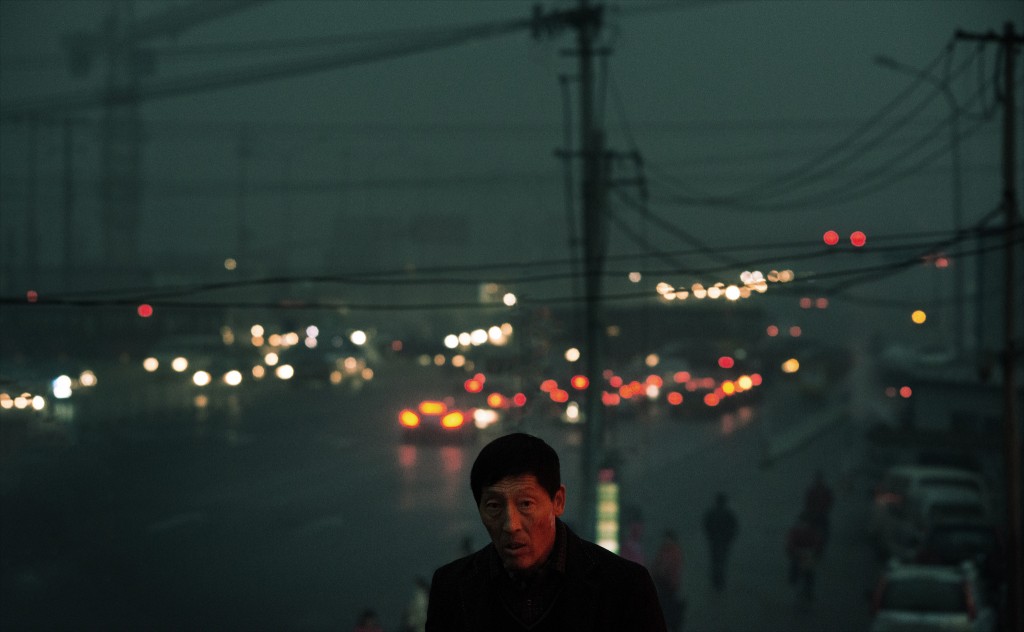
Carbon has a social cost, but how should it be measured and what are the policy implications?
A team of experts in environmental policy and economics–including Dr. William Pizer (Duke University) and ERG assistant professor Dr. David Anthoff–details the back story of the social cost of carbon (SCC) and outlines next steps in a policy forum piece released by Science on Friday.
A summary of the piece from Science:
The social cost of carbon (SCC) is a crucial tool for economic analysis of climate policies. The SCC estimates the dollar value of reduced climate change damages associated with a one-metric-ton reduction in carbon dioxide (CO2) emissions. Although the conceptual basis, challenges, and merits of the SCC are well established, its use in government cost-benefit analysis (CBA) is relatively new. In light of challenges in constructing the SCC, its newness in government regulation, and the importance of updating, we propose an institutional process for regular SCC review and revision when used in government policy-making and suggest how scientists might contribute to improved SCC estimates.
The team considers the current US government process for reviewing SCC as “vague.” They call for scheduled reviews and for the process to be institutionalized. In this way, researchers can then “direct efforts toward policy-relevant issues.”
Authors of the paper include William Pizer, Matthew Adler, Joseph Aldy, David Anthoff, Maureen Cropper, Kenneth Gillingham, Michael Greenstone, Brian Murray, Richard Newell, Richard Richels, Arden Rowell, Stephanie Waldhoff and Jonathan Wiener.
Dr. David Anthoff presented a talk on SCC earlier this year at ERG colloquium.
Photo Credit: Jonathan Kos-Read